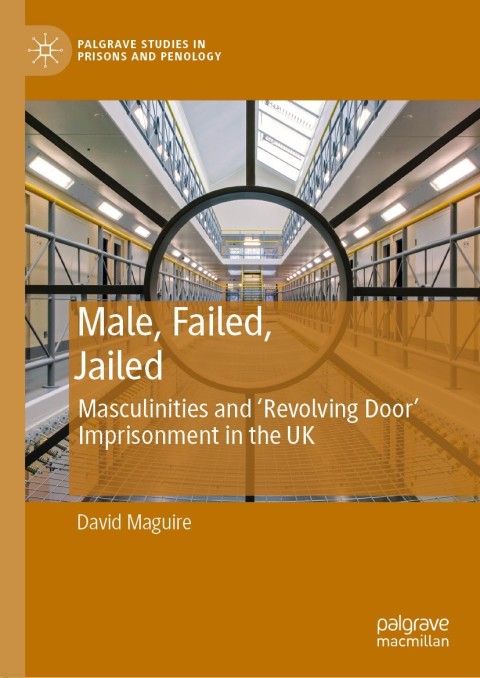
Male, Failed, Jailed PDF
243 Pages·2021·3.283 MB·other
Most books are stored in the elastic cloud where traffic is expensive. For this reason, we have a limit on daily download.
Preview Male, Failed, Jailed
Description:
“In his classic study Learning to Labour, Paul Willis showed us how the pressures of masculinity duped working class English boys into self-entrapment in lives of manual labour. Forty years later in post-industrial north of England, Maguire finds that the same demands of masculinity are now preparing working class males not for the factory floor, but for prison. Maguire’s ground-breaking new study of the reproduction of a criminal caste has the potential to be as transformative as Willis’s writing was 45 years ago.“
—Shadd Maruna, Professor of Criminology, Queen’s University Belfast, UK
The profile of prisoners across many Western countries is strikingly similar – 95% male, predominantly undereducated and underemployed, from the most deprived neighbourhoods. This book reflects on how similarly positioned men configure masculinities against global economic shifts that have seen the decimation of traditional, manual-heavy industry and with it the disruption of long-established relations of labour. Drawing on life history interviews and classical ethnography, the book charts a group of men’s experiences pre, during and post prison. Tracking the development of masculinities from childhood to adulthood, across impoverished streets, ‘failing’ schools and inadequate state ‘care’, the book questions whether this proved better preparation for serving prison time than working in their local, service-dominated, labour markets. It integrates theories of crime, geography, economics and masculinity to take into account structural and global economic shifts as well as individual long-term perspectives in order to provide a broad examination on pathways to prison and post prison.
David Maguire is Director for the Prison Reform Trust’s Building Futures Programme, a five-year programme for those that have served 10 or more years in prison. As a researcher at Oxford University and University College London, UK, he has extensive experience leading on prison-based projects, collecting data on the vulnerabilities facing those in prison and widely disseminating these findings to impact change.
—Shadd Maruna, Professor of Criminology, Queen’s University Belfast, UK
The profile of prisoners across many Western countries is strikingly similar – 95% male, predominantly undereducated and underemployed, from the most deprived neighbourhoods. This book reflects on how similarly positioned men configure masculinities against global economic shifts that have seen the decimation of traditional, manual-heavy industry and with it the disruption of long-established relations of labour. Drawing on life history interviews and classical ethnography, the book charts a group of men’s experiences pre, during and post prison. Tracking the development of masculinities from childhood to adulthood, across impoverished streets, ‘failing’ schools and inadequate state ‘care’, the book questions whether this proved better preparation for serving prison time than working in their local, service-dominated, labour markets. It integrates theories of crime, geography, economics and masculinity to take into account structural and global economic shifts as well as individual long-term perspectives in order to provide a broad examination on pathways to prison and post prison.
David Maguire is Director for the Prison Reform Trust’s Building Futures Programme, a five-year programme for those that have served 10 or more years in prison. As a researcher at Oxford University and University College London, UK, he has extensive experience leading on prison-based projects, collecting data on the vulnerabilities facing those in prison and widely disseminating these findings to impact change.
See more
The list of books you might like
Most books are stored in the elastic cloud where traffic is expensive. For this reason, we have a limit on daily download.
